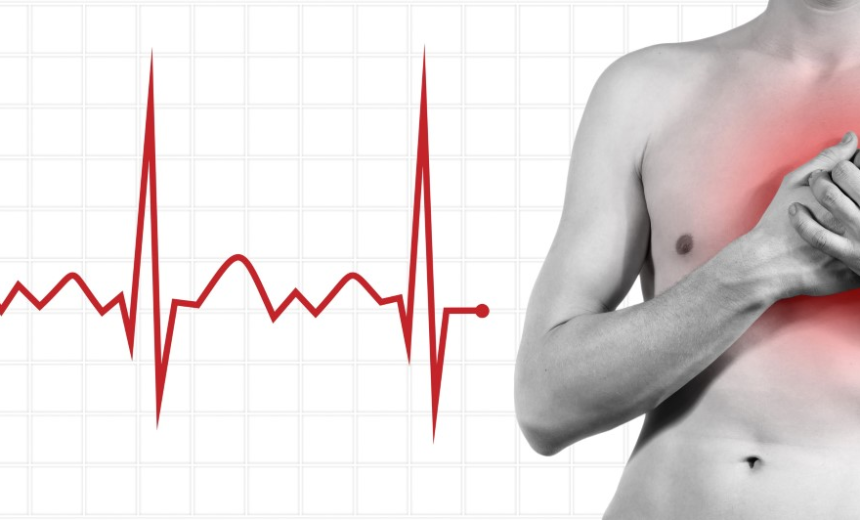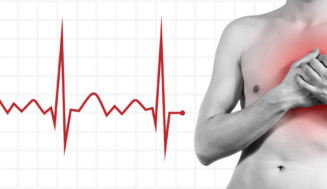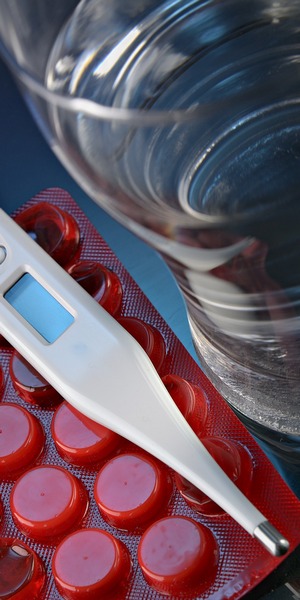Dehydration and High Heart Rate: Unveiling the Connection

When it comes to maintaining our overall well-being, few things are as fundamental as proper hydration. Our bodies are predominantly composed of water, with approximately 60% of our basic physiological needs relying on this precious fluid. Water plays a pivotal role in digestion, joint lubrication, and the elimination of harmful toxins, crucial for healthy skin and bodily functions. However, the consequences of dehydration can extend beyond the obvious, and one intriguing question arises: can dehydration cause a high heart rate?
In this comprehensive exploration, we delve into the intricate relationship between dehydration and heart rate, uncovering the initial signs, later manifestations, common causes of dehydration, and the importance of recognizing the connection between inadequate fluid intake and a racing heart.
The Early Warning Signs of Dehydration
- Rapid Heartbeat: An unexpected increase in heart rate, particularly when you’re not engaged in physical activity, can be an early indicator of dehydration. This heightened heart rate may be attributed to the depletion of essential electrolytes in your system;
- Lightheadedness and Dizziness: The brain comprises a substantial percentage of water, approximately 73%. Therefore, insufficient daily water intake can lead to symptoms such as confusion, dizziness, and a propensity to faint;
- Decreased or Dark Urine Output: Dark-colored urine is a telltale sign of dehydration, suggesting that your daily water consumption has been inadequate. An additional method to gauge your hydration status is the skin pinch test. If the skin on the back of your hand returns to its normal position slowly after being pinched, it may indicate moderate to severe dehydration.
Progressive Signs of Dehydration
As dehydration advances, its impact on your body becomes more pronounced, potentially leading to a higher risk of hyperthermia and various other concerning symptoms, including:
- Low Blood Pressure: Dehydration can result in reduced blood volume, subsequently causing low blood pressure. This can lead to dizziness and fainting;
- Skin Tenting: When your skin loses its elasticity and remains tented or raised after being pinched, it’s a sign of severe dehydration;
- Bad Breath: Insufficient hydration can lead to dry mouth and bad breath due to reduced saliva production;
- Fever and Chills: Dehydration can disrupt your body’s ability to regulate temperature, potentially resulting in fever or chills;
- Cravings for Sugar and Sodium: Dehydration can trigger cravings for salty and sugary foods as your body attempts to replenish lost electrolytes.
Common Causes of Dehydration
Understanding the factors that contribute to dehydration is crucial for prevention. The primary cause is often inadequate fluid intake. The National Academies of Sciences, Engineering, and Medicine recommend approximately 15.5 cups (3.7 liters) of daily fluids for men and 11.5 cups (2.7 liters) for women.
Other common causes include:
- Hot Temperatures: Exposure to hot weather can lead to excessive sweating, increasing the risk of dehydration;
- Consuming Diuretics: Excessive consumption of coffee or alcohol, both diuretics, can lead to increased fluid loss;
- Frequent Exercise: Engaging in regular physical activity without adequate fluid replacement can result in dehydration.
Comparison Table
| Symptom or Effect | Dehydration | Normal Hydration |
|---|---|---|
| Heart Rate | Increased and rapid | Steady and normal |
| Urine Color | Dark yellow or amber | Pale yellow |
| Skin Elasticity (Pinch Test) | Skin tents and recovers slowly | Skin snaps back quickly |
| Blood Pressure | Low | Stable |
| Body Temperature | Higher risk of hyperthermia | Better temperature regulation |
| Cognitive Function | Impaired concentration, confusion | Clear and focused |
| Physical Performance | Reduced endurance, fatigue | Normal energy levels |
| Breath | May have bad breath | Fresh breath |
This table illustrates the differences in various symptoms and effects of dehydration compared to normal hydration. Proper hydration is essential for maintaining optimal bodily functions, including heart rate regulation.
Conclusion
In conclusion, the relationship between dehydration and a high heart rate is multifaceted. Recognizing the early warning signs of dehydration and understanding the common causes is essential for maintaining optimal health. Adequate hydration not only supports bodily functions but also plays a crucial role in heart health. Prioritizing hydration is a simple yet powerful step towards overall well-being.








